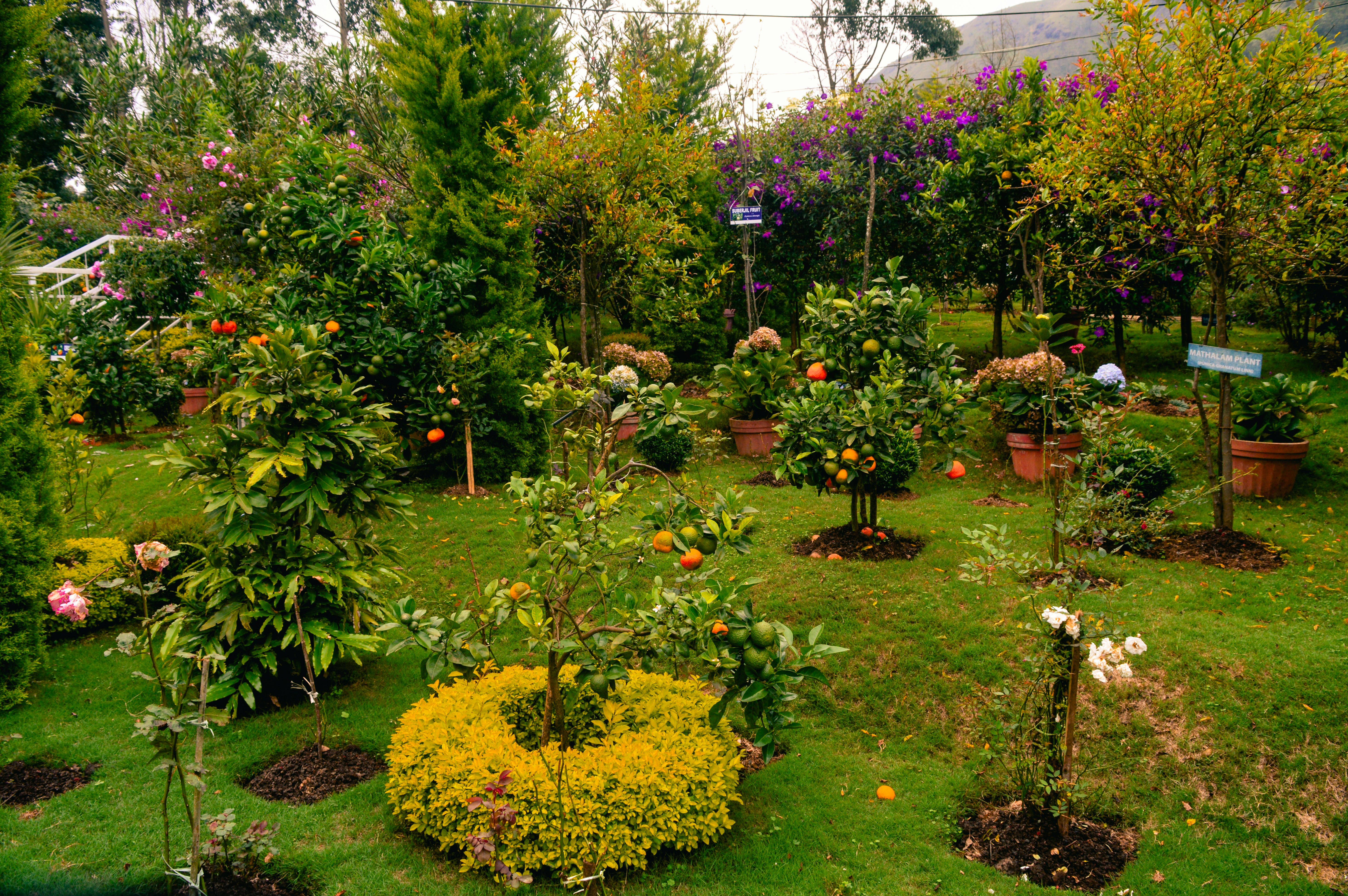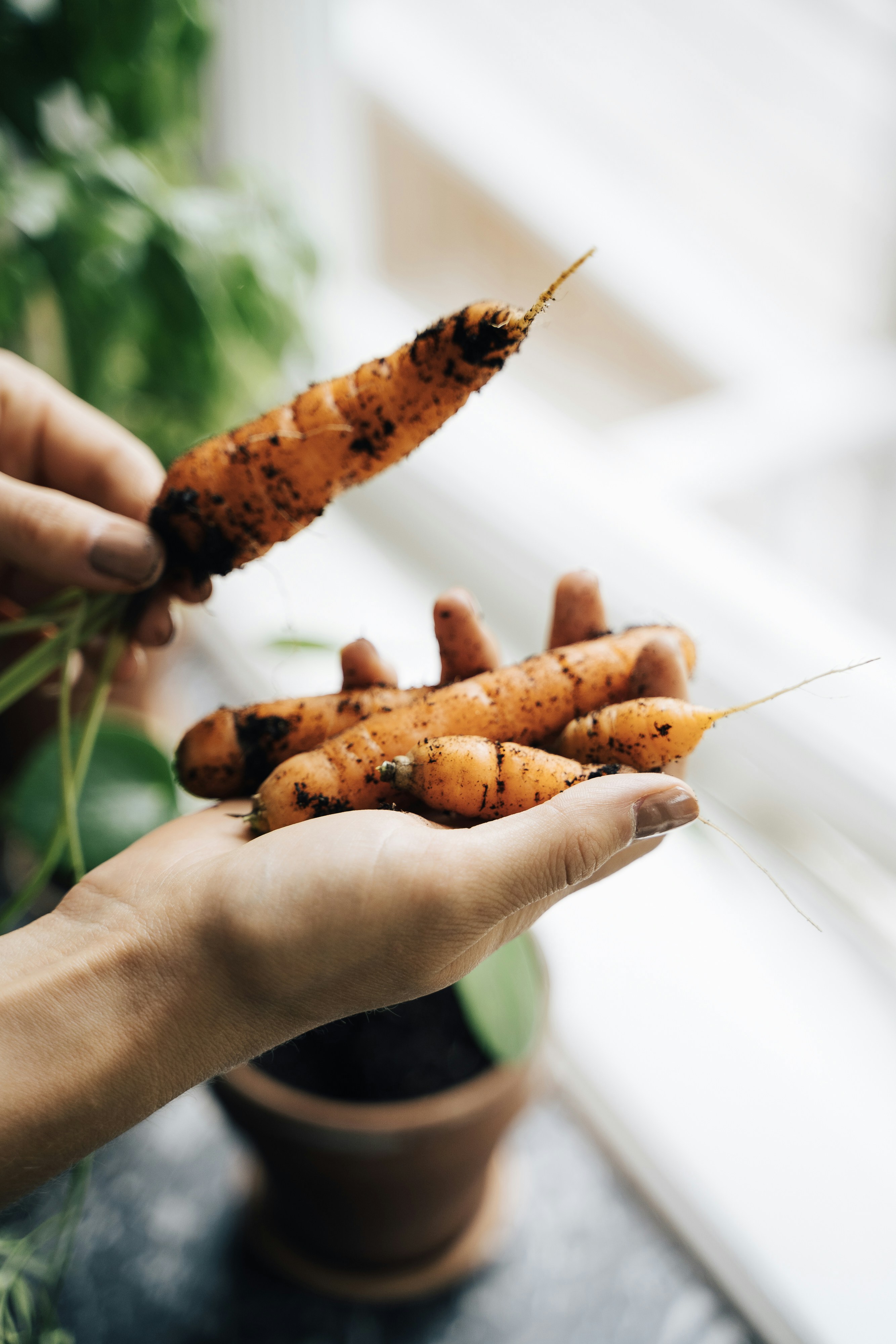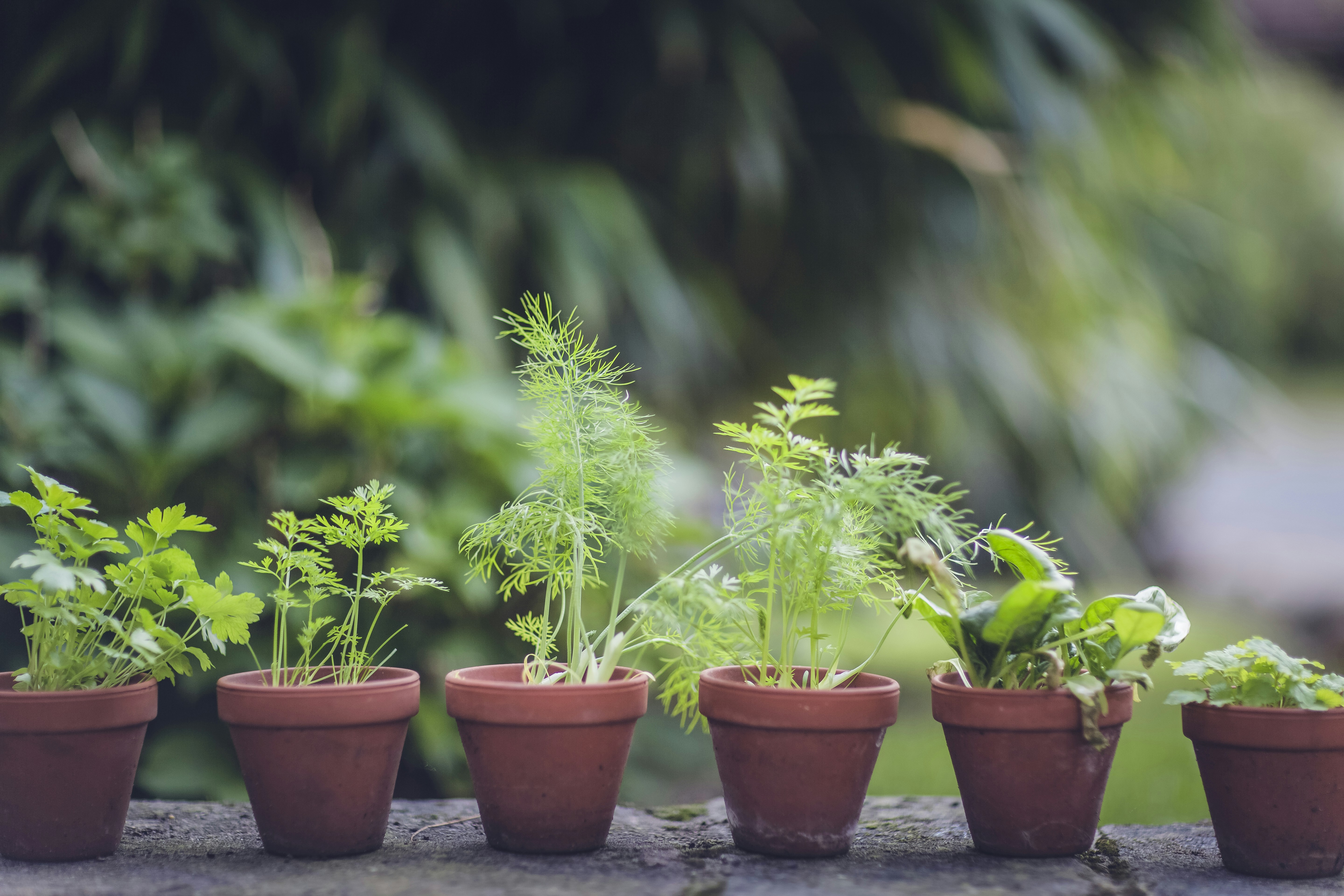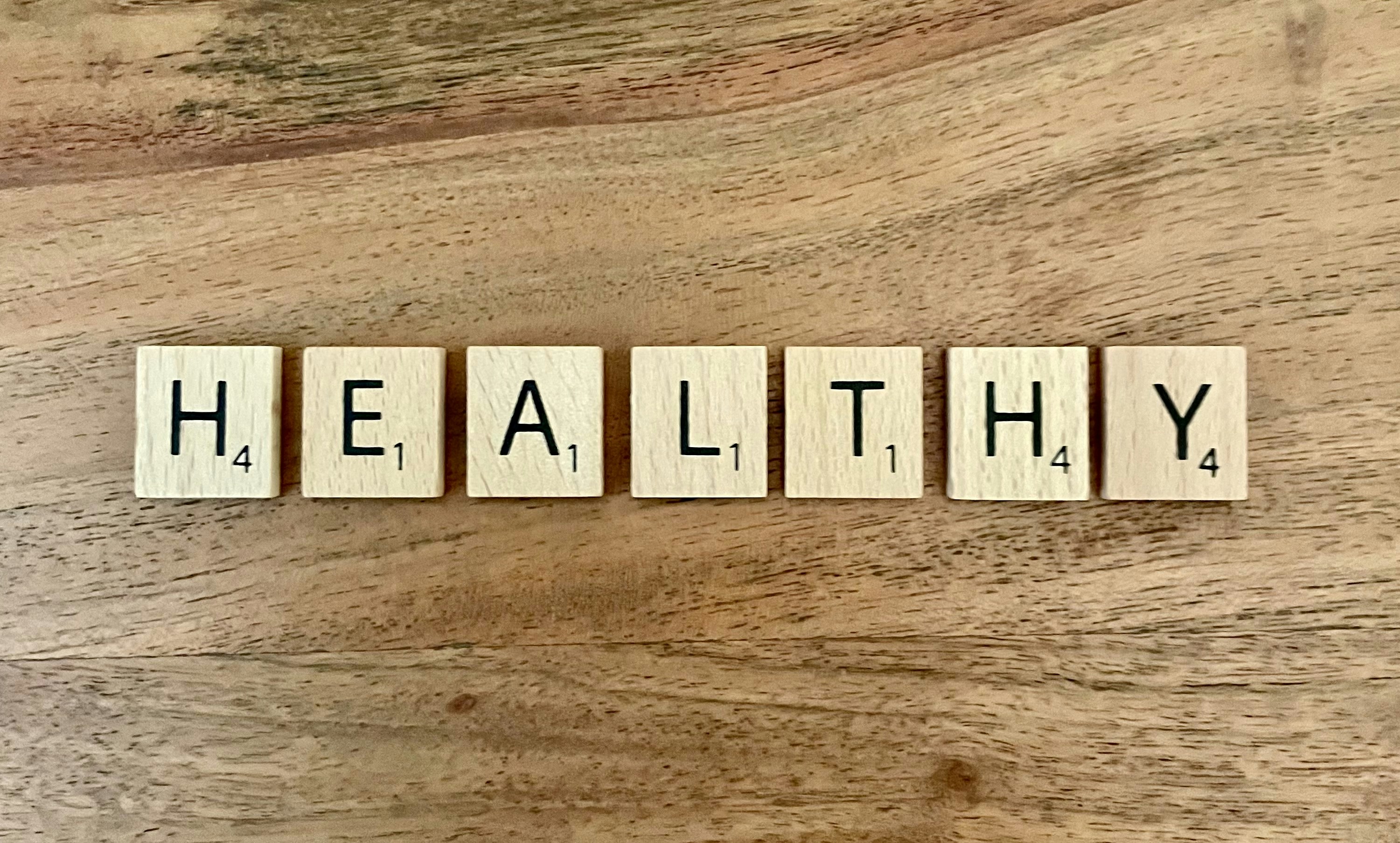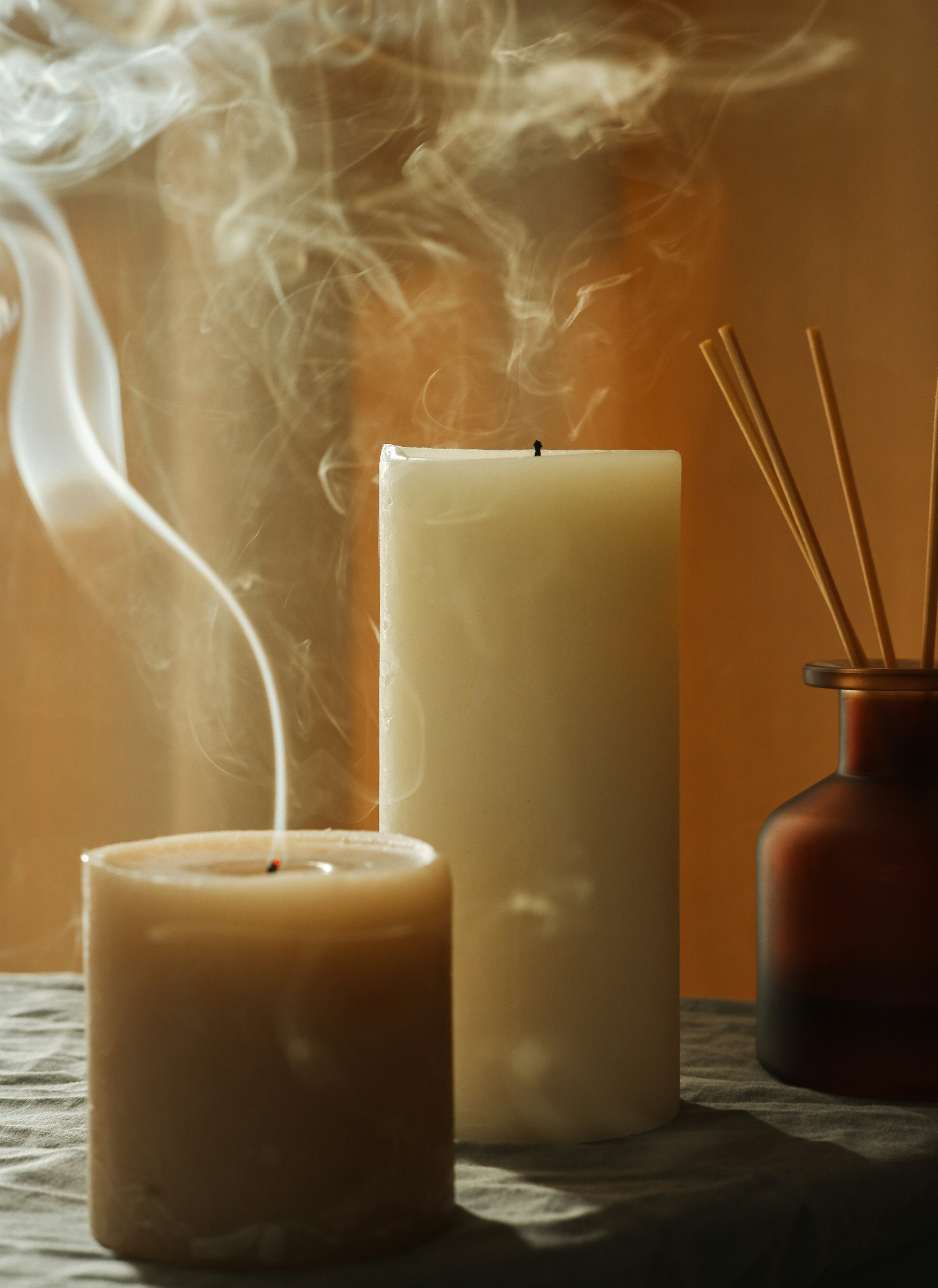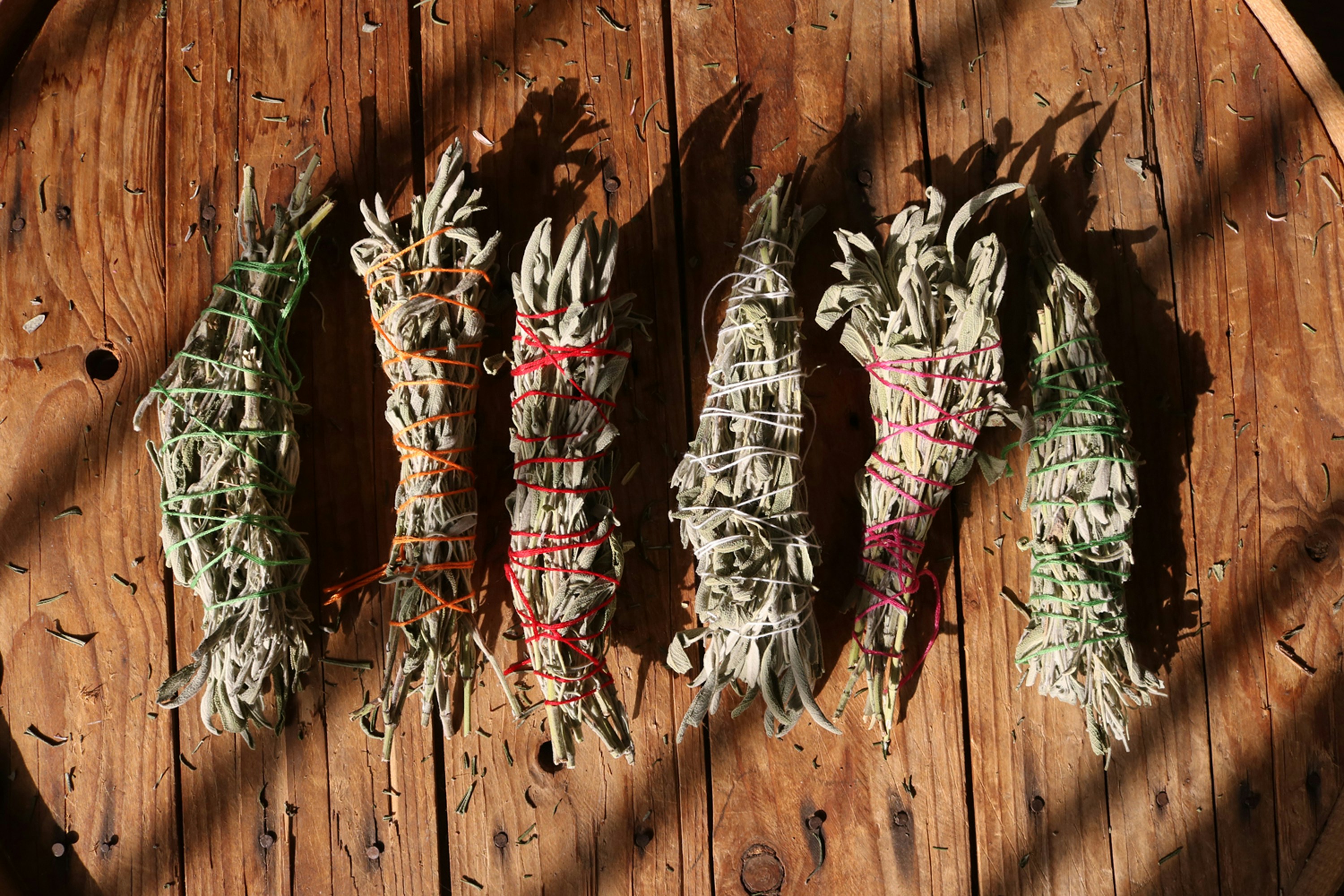The Calming Effect of Gardening: Cultivating Your Own Herbs
Gardening is more than just a hobby; it's a way to connect with nature, nurture creativity, and promote wellness. Embracing the calming effects of growing your own herbs can transform not only your physical health but also your emotional well-being. In today’s fast-paced world, the act of planting, nurturing, and harvesting can feel like a soothing balm for our overstimulated lives. Join me on this enlightening journey to explore how tending to your own herb garden can heal both body and soul, while sharing insights on health and wellness from experts in the field.
The Therapeutic Nature of Gardening
1. Nature as a Healer
The act of gardening provides a profound connection to nature. Studies have shown that spending time outdoors positively impacts mental health and reduces stress levels. In fact, a landmark study published in the journal Environmental Science & Technology found that individuals who engage with nature report significantly lower levels of stress and anxiety. When you're gardening, your senses are engaged: the feel of the soil, the sight of vibrant greens, and the smell of earthy aromas work together to promote a sense of calm.
As you dig your hands into the soil, think about what growing plants means for your mental space. The act itself serves as a mindfulness exercise, pulling you into the present moment while you focus on the simple, beautiful rhythm of growth.
2. Cultivating a Connection to the Food We Eat
Growing your own herbs not only enhances your dishes but establishes a meaningful connection between you and the food you consume. In this digital age, where meals are often pre-packaged or ordered online, understanding where your food comes from can create a grounding experience. Herbs like basil, rosemary, and mint can be easily grown at home, offering immediate access to fresh flavors.
3. A Form of Meditation
Gardening provides a unique avenue for meditation. As you tend to your plants, you're encouraged to tune out distractions and focus on the task at hand. This intentional act can foster a meditative state that promotes relaxation and mental clarity. Engaging with the cycle of planting and nurturing helps you connect with the present moment. The repetitive motions involved in gardening can mimic the techniques often employed in mindfulness practices, making it an active form of meditation.
You may also want to explore melodies for mindfulness while gardening to enhance the experience further.
The Science Behind Gardening and Wellness
4. Physical Health Benefits
Gardening delivers a workout, albeit a gentle one. Activities such as planting, digging, and watering can elevate your heart rate, improve flexibility, and build strength. According to the CDC, moderate gardening activities can burn anywhere from 200 to 400 calories per hour depending on the intensity of the activity. This not only contributes to physical health but also enhances your mood, thanks to the endorphins released during physical activities.
Additionally, cultivating herbs allows you to embrace a healthier diet. Fresh herbs are rich in antioxidants and vitamins, simplifying the process of incorporating nutrient-dense foods into your meals. Research highlights that increased consumption of herbs can improve overall health, reducing inflammation and promoting digestion.
5. The Power of Aromatherapy
The scents of freshly harvested herbs like lavender or thyme have been shown to yield calming and restorative effects. Aromatherapy is a widely recognized therapeutic practice, with essential oils derived from herbs known for their mood-boosting, stress-reducing capabilities. Oils from herbs such as lavender and rosemary can improve sleep quality and boost cognitive function.
Consider experimenting with aromatherapy while tending to your garden. Surround yourself with the calming scents from your herbs—take those moments to breathe deeply, instilling the healing properties of these natural aromas into your daily routine.
Growing Your Own Herb Garden: A Step-by-Step Guide
6. Choosing the Right Herbs
Embarking on your herb garden can be both exciting and daunting. Begin by selecting herbs that resonate with your cooking style or health needs. Popular choices include basil for its culinary versatility, peppermint for digestion, and chamomile for its calming properties. It's essential to start with what you love!
7. Ideal Spaces for Herb Gardens
Herbs thrive in various environments. Whether you have a spacious backyard or a cozy apartment balcony, you can create your herb sanctuary. Most herbs prefer sunlight, so select a location that receives at least six hours of sun daily. Consider vertical gardening or container gardening if space is limited—it's an innovative way to maximize your area while cultivating greenery.
8. Planting and Caring for Your Herbs
Understanding how to care for your herbs is crucial. Each herb has its unique watering and sunlight needs. For example, basil flourishes in moist soil but dislikes being waterlogged, while rosemary prefers dryer conditions. Regularly checking for pests and diseases ensures a healthy plant.
You can refer to the healing benefits of forest bathing or engage in storytelling with fellow gardeners online for deeper insights on plant care.
Nurturing Yourself Through Gardening
9. Mindful Gardening Practice
Every time you step into your garden, take the opportunity to cultivate mindfulness. Observe the growth of your plants and appreciate each stage of their development. Practicing gratitude while gardening can enhance your mood and contribute positively to your mental health. Studies show that people who keep gratitude journals or practice regular gratitude demonstrate increased levels of well-being and happiness.
10. Reflecting on Your Journey
Keep a gardening journal. Documenting your observations, thoughts, and experiences can deepen your engagement with the process. Reflecting on your journey can help you identify the therapeutic moments you've experienced while tending to your garden.
Sustaining the Connection: Beyond the Garden
11. Sharing Your Harvest
Cultivating empathy and connection can be a powerful tool for overall wellness. Share your freshly grown herbs with friends, family, and neighbors. This simple act not only spreads joy but reinforces the idea that relationships flourish alongside your garden.
12. Seasonal Immersion
As seasons change, embrace the natural rhythms surrounding you. Seasonal gardening allows for a deeper connection to the cycles of nature. For those interested in these themes, check out information regarding urban foraging. Learn how to incorporate various natural foraged foods into your life for good health and well-being.
Final Thoughts: Embrace Your Inner Gardener
By cultivating your own herbs, you're not merely growing plants; you're nurturing a lifestyle of wellness, mindfulness, and connection. Through the calming effects of gardening, you're likely to experience emotional and physical healing in your journey toward health and wellness. It's a practice that offers a variety of benefits, from fresh ingredients for your meals to profound mental clarity. So grab your seeds, get your hands dirty, and embrace the beautiful adventure that gardening brings!
